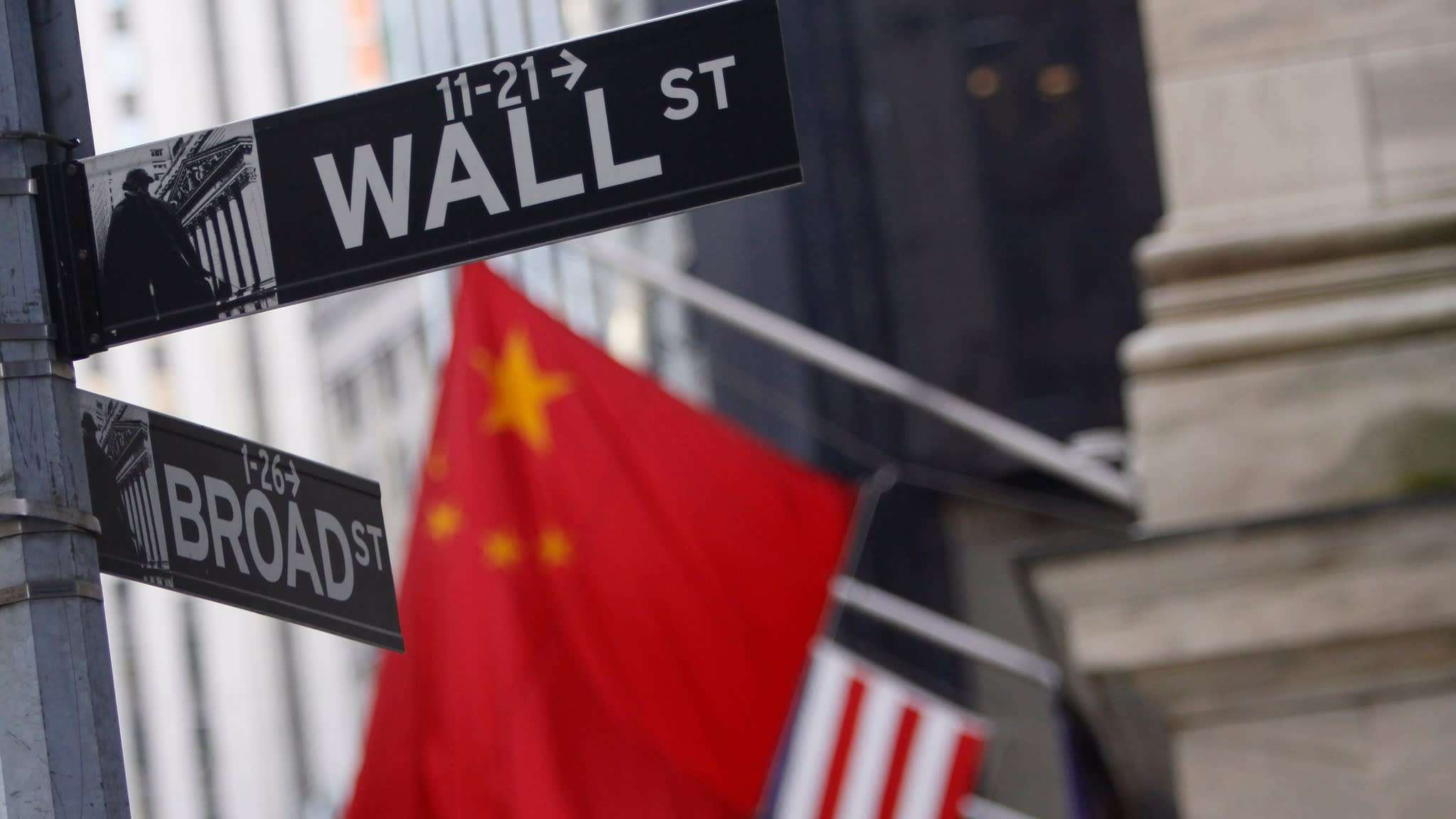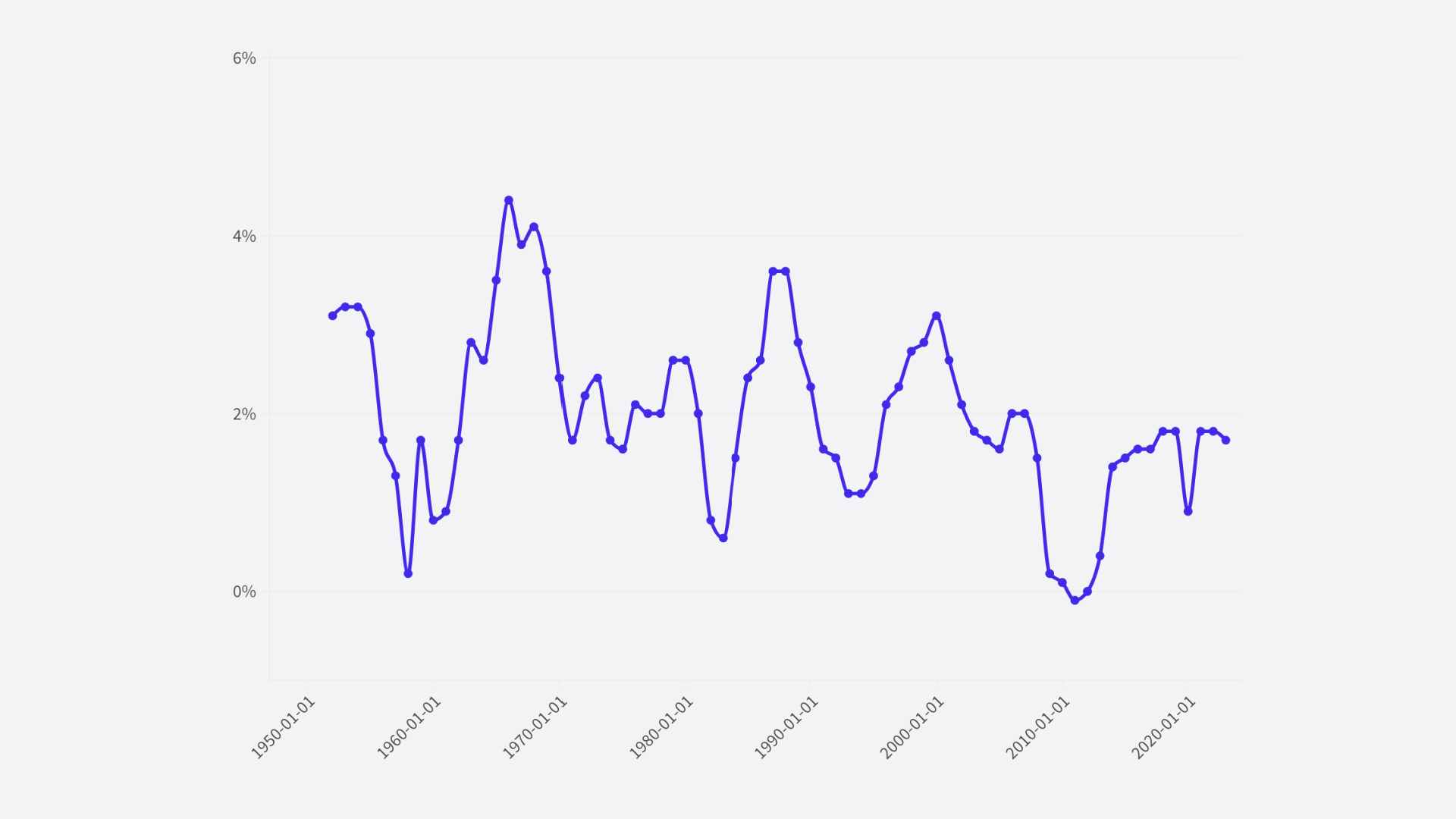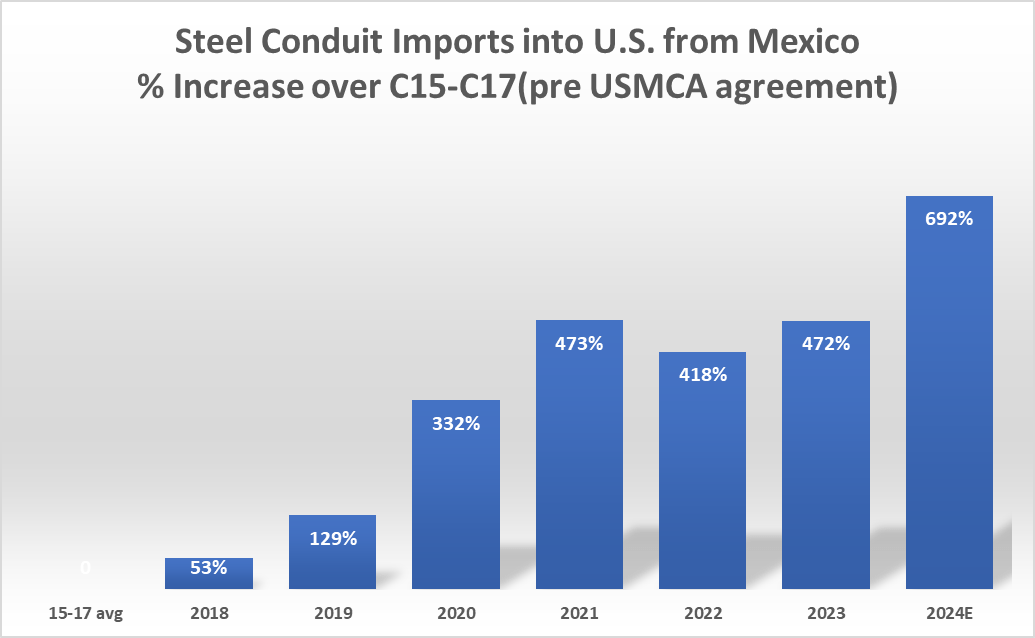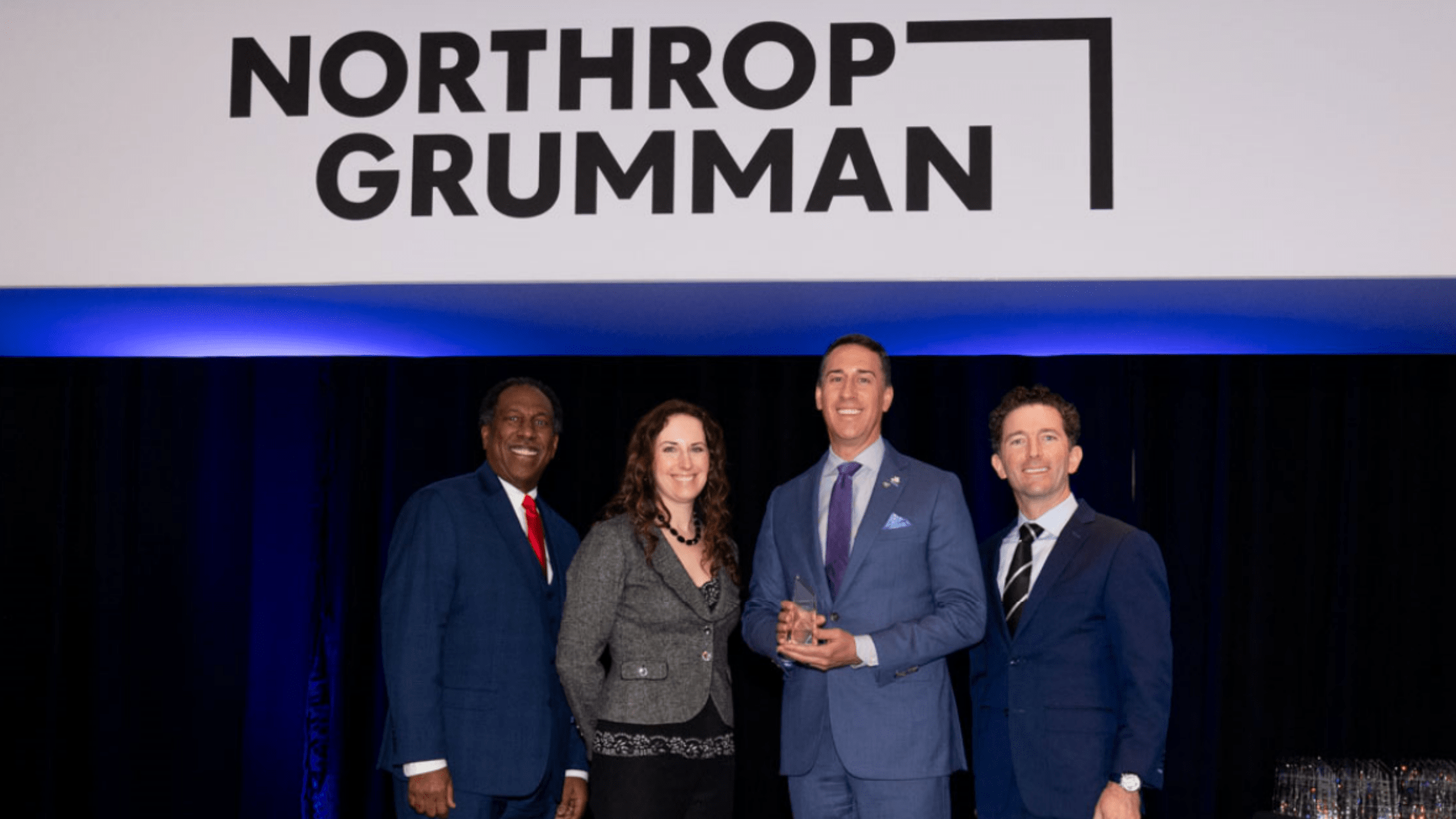
As the candidates campaign in Pennsylvania, Indiana and elsewhere, one of the issues resonating strongly this year is trade, and whether it’s helping or hurting the American economy and its workers.
[Hari Sreenivasan|April 21, 2016 |PBS News]
It’s been a long time since trade policy played out this way in a campaign.
This week, our colleagues at NPR have been looking more closely at these issues as part of an ongoing series of reports we are jointly doing about issues on the campaign trail.
For more on how trade is playing out in the race for the White House, I am joined by Thea Lee. She’s deputy chief of staff at the AFL-CIO and an international economist. And Matthew Slaughter, dean of the Tuck School at Dartmouth College. From 2005 to 2007, he served on the Council of Economic Advisers to President George W. Bush.
Thea Lee, so, why is this resonating so much right now?
THEA LEE, Deputy Chief of Staff, AFL-CIO: You know, I think we have hit a breaking point.
American workers have really not benefited from a lot of changes in the economy over the last couple of decades. We have seen that real wages are essentially flat for more than four decades. And so we have had a period of tremendous economic growth and technological innovation and globalization, and yet American workers are working harder than ever.
They’re more educated than ever. More people in each family are working, and they’re not really making ends meet. And trade has been a key contributing factor. It’s not the only factor. It may not even be the largest factor. But it is a key policy choice that we have made.
And when we have a decision about a big trade agreement like the Trans-Pacific Partnership, this focuses the attention. And I think we have seen candidates really take advantage of that attention on trade right now, and workers are responding and it’s resonating.
HARI SREENIVASAN: Matthew Slaughter, any other reasons that this is catching on right now?
MATTHEW SLAUGHTER, Dartmouth College: I think Thea is right that the American workers, a lot of them sitting around their kitchen tables thinking about voting, they have not performed as well as they had in the past.
They’re concerned about their prospects. They’re concerned about their children. And yet I think what’s important to keep in mind is trade in particular and globalization more generally, they have generated large gains for America overall over the many decades.
And with the right kind of policies going forward, more global engagement can help more American families in the future as well.
HARI SREENIVASAN: This isn’t what we’re hearing candidates say from either side of the aisle, Thea.
THEA LEE: Right, we have no major presidential candidate candidates from either party right now that are supporting the Trans-Pacific Partnership, for example.
And I think the reason is that the gains have actually been relatively small. And the distributional consequences have been large. And on top of that, we have doubled down. And instead of compensating the losers, you know, taxing the winners to compensate the losers, in some ways, we have done the opposite. We have cut tax rates for the wealthy. We have decimated the social safety net.
We have gotten rid of education and training and infrastructure programs. It’s almost like we have transpired to make trade less successful in the global economy — in the U.S. economy as it affects American workers. We haven’t done what we needed to do. We haven’t negotiated the right kind of trade agreements, and then we haven’t taken the steps in the domestic economy that would mitigate the distributional consequences and also make sure that the United States was truly competitive in the global economy.
HARI SREENIVASAN: Matthew Slaughter, so how come the candidates aren’t singing the praises that you do of trade?
MATTHEW SLAUGHTER: Well, I think a lot of it has to do with politics is oftentimes very local. It’s long been the case that international trade and other dynamic forces in the U.S. economy, like technological change, the benefits often accrue to many different companies and many different communities and workers in ways that aren’t always immediately visible.
And yet the forces of dynamic change like trade, the losses in those who don’t directly benefit are oftentimes quite concentrated and visible.
And so I think what’s a little concerning in the current political environment is, it’s typically presidents, in particular, who by definition should be thinking about the aggregate economic well-being for America. We seem to have lost the narrative of the benefits that trade and globalization have generated for America.
Those benefits include things like a spur to innovation for companies, a greater return on the investments they make in new ideas. We have long known, for example, that companies engaged in exporting, they tend to pay much higher wages than do companies elsewhere in the U.S. economy.
So, we need to remember in the current political conversation the benefits that globalization has generated and good agreements like the TPP could generate more of in the future. Thea is definitely right. We need to think about ways to expand and strengthen the social safety net, and I think the TPP is a positive step forward in that direction.
HARI SREENIVASAN: All right, so what about the fact that — the idea that it takes a long time to see some of the benefits?
THEA LEE: Well, it takes — we haven’t seen the benefits. American workers have not seen the benefits of trade agreements. That’s just a basic fact.
And in some ways, I think Matt has the story exactly wrong, that rather than benefits being widespread and the negative consequences concentrated in a few workers who lose their jobs, in fact, what we’re seeing is that overall, in the economy, workers are seeing stagnant and falling wages.
And so, you know, even the cheaper prices that we get from imports and from trade has not offset the fact that our job market is not delivering those jobs. And trade has been a key part of that. We see it in communities. Workers feel it every day.
HARI SREENIVASAN: Matthew, let me let you give a last response here.
MATTHEW SLAUGHTER: So, it is well-known that companies and their workers that are connected to the global economy through trade and international investment, the academic research is very clear. Those tend to be better jobs on a lot of dimensions that all voters, I think, in America care about.
So, I think the key question from a policy perspective is, A, how do we have smart trade and investment agreements with the rest of the world that allow more workers to be connected to the opportunity of the global economy, and, at the same time, design a stronger, more resilient, better-funded social safety net, so that workers, whether it’s through trade or technological change, or whatever dynamic forces, who aren’t doing as well as they would like in the American labor market, we provide more public supports for those people to have better opportunities in the future?
HARI SREENIVASAN: All right, Matthew Slaughter, Thea Lee, thanks so much.
THEA LEE: Thank you.
HARI SREENIVASAN: NPR’s next story in the series A Nation Engaged can be heard on Saturday night on “All Things Considered” with Michel Martin.













